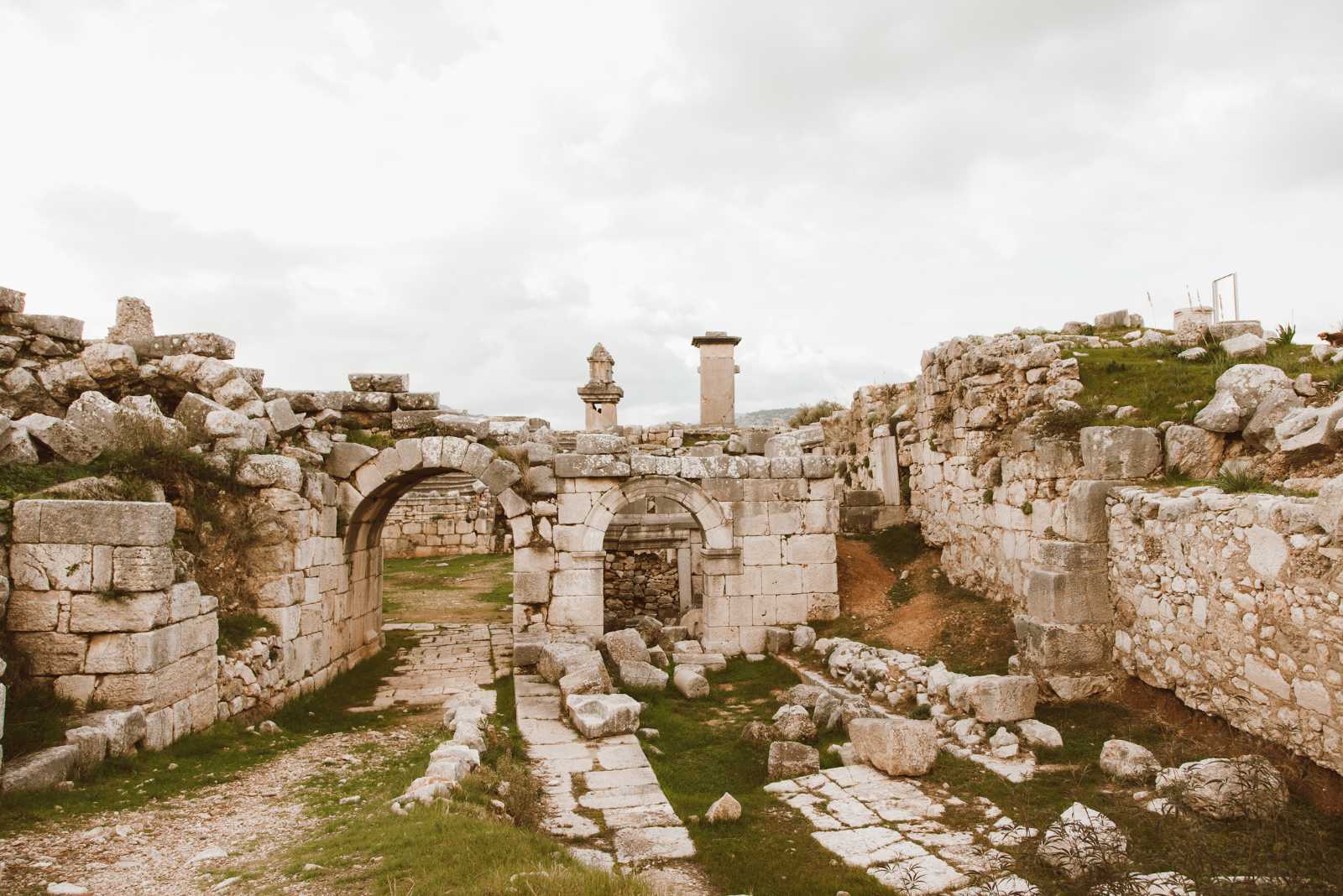Yesterday one of the dearest saints of our era stepped into the Long Hello. Eugene Peterson, a pastor, teacher, theologian, and writer died after a long illness. Here’s the story from Christianity Today. It draws on a beautiful account by the Peterson family, which reads, in part:
Among his final words were, ‘Let’s go.’ And his joy: my, oh my; the man remained joyful right up to his blessed end, smiling frequently. In such moments it’s best for all mortal flesh to keep silence. But if you have to say something say this: ‘Holy, Holy, Holy.’”
Yes. Holy, Holy, Holy. But also, I want to say a few words about what Eugene Peterson’s work has meant to me.
In 2002 I only knew Eugene Peterson as the author of The Message, an “idiomatic translation” of the Bible that I felt pretty ambivalent about (I’ve since warmed up to it, mostly because I have come to trust Eugene Peterson’s wisdom, good sense, and good heart). I had quit my job and was a little vague on what I was going to do next when my friend Tim Filston gave me a set of cassette tapes containing a series of sermons Eugene Peterson had preached on the life of David. (These sermons became the basis of his book, Leap Over a Wall.) I don’t have any idea why Tim gave me those sermons or what he expected me to get out of them.
I was visiting Orlando at the time; for a few days, I spent my mornings listening to Eugene Peterson and my afternoons canoeing in various swamps and rivers in Central Florida. Between the alligators and the swamp birds and the turtles and the way Eugene Peterson opened up those old stories to me, something big shook loose in my imagination. After years of mostly just talking about writing, I felt like I was going to bust if I didn’t actually write something down. I went to an Einstein Brothers’ bagel shop in Orlando and outlined the whole Wilderking Trilogy in one sitting. I spent the rest of 2002 writing The Bark of the Bog Owl, and the next two years writing the other two books of the trilogy.
When I heard yesterday that Eugene Peterson had died, I pulled down Leap Over a Wall, the book that was based on those sermons. I don’t know how many times I read through that book as I wrote the Wilderking stories, but it was a lot. I have also loved Peterson’s more well-known books, especially A Long Obedience in the Same Direction and Christ Plays in Ten Thousand Places, but Leap Over a Wall was my gateway into his work, so it has always has a special place in my imagination. Still, in looking back through the book, I was astonished to see how much I owed—as a writer, as a Christian, as a human being—to Eugene Peterson’s way of talking about story, and the larger story we all live in.
“The reason that story is so basic to us,” he wrote, “is that life itself has a narrative shape—a beginning and end, plot and characters, conflict and resolution.” He continues,
Life isn’t an accumulation of abstractions such as love and truth, sin and salvation, atonement and holiness; life is the realization of details that all connect organically, personally, specifically: names and fingerprints, street numbers and local weather, lamb for supper and a flat tire in the rain. God reveals himself to us not in a metaphysical formulation or a cosmic fireworks display, but in the kind of stories that we use to tell our children who they are and ho to grow up as human beings, tell our friends who we are and what it’s like to be human. Story is the most adequate way we have of accounting for our lives…
Forgive the long quotations, but I can’t seem to stop:
Somewhere along the way, most of us pick up bad habits of extracting from the Bible what we pretentiously call “spiritual principles,” or “moral guidelines,” or “theological truths,” and then corseting ourselves in them in order to force a godly shape on our lives. That’s a mighty uncomfortable way to go about improving our condition. And it’s not the gospel way. Story is the gospel way.
And finally,
Story isn’t imposted on our lives; it invites us into its life. As we enter and imaginatively participate, we find ourselves in a more spacious, freer, and more coherent world….Story is the primary means we have for learning what the world is, and what it means to be a human being in it. No wonder that from the time we acquire the mere rudiments of language, we demand stories.
Yes and amen. These are truths that I have internalized so fully, that have shaped my thinking and writing and teaching so thoroughly, that I had mostly forgotten who taught them to me. I have nothing to add to the reputation of a man who, after all, has gone from glory unto glory. But it’s always a good thing to register one’s gratitude.







